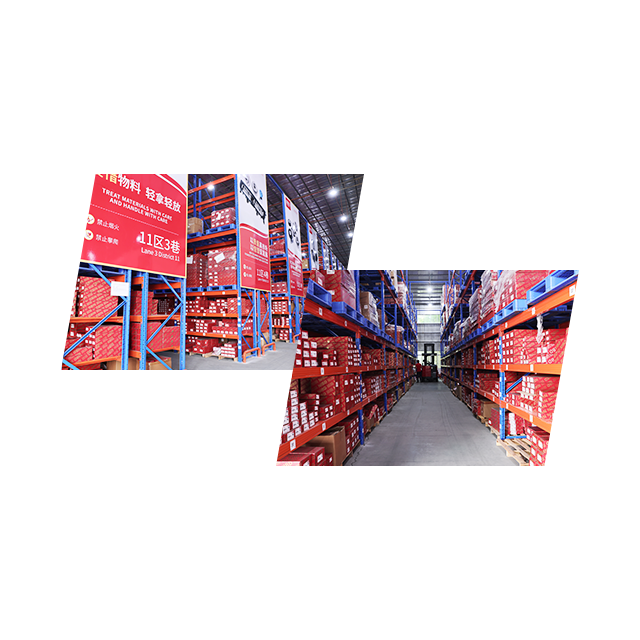| Availability: | |
|---|---|
| Quantity: | |








Product Description


Automobile expansion rivets are usually made of different materials, including stainless steel, aluminum alloy and carbon steel. Each material has its own unique advantages and disadvantages. The following are the characteristics of each material:
1. Stainless steel expansion rivet:
Advantages:
-Good corrosion resistance, suitable for wet environment or high temperature environment.
-High strength, good tensile and shear resistance.
-beautiful appearance, not easy to rust, keep the connectors clean and tidy.
Disadvantages:
-Higher cost, more expensive than other materials.
-Heavy weight may increase the overall weight of the car.
2. Aluminum alloy expansion rivet:
Advantages:
-Lightweight and high strength, with good strength and corrosion resistance.
-Light weight, which will not increase the overall weight of the car.
-The price is moderate, which is an economical and practical choice.
Disadvantages:
-Not suitable for high temperature environment, easy to soften and deform.
-The tensile strength and shear strength are slightly lower than those of stainless steel.
3. Carbon steel expansion rivet:
Advantages:
-High strength, good tensile and shear resistance.
-Low cost and economical price.
-Suitable for connection requirements in general environment.
Disadvantages:
-Poor corrosion resistance and easy to rust.
-Heavy weight may increase the overall weight of the car.
On the whole, stainless steel expansion rivets have good corrosion resistance and strength, and are suitable for wet environment. Aluminum alloy expansion rivet is light in weight and moderate in price, which is suitable for general environment. Carbon steel expansion rivets are cheap and suitable for economical connection requirements. Choosing the right material depends on the specific use environment and requirements to ensure the firmness and stability of the connector.


